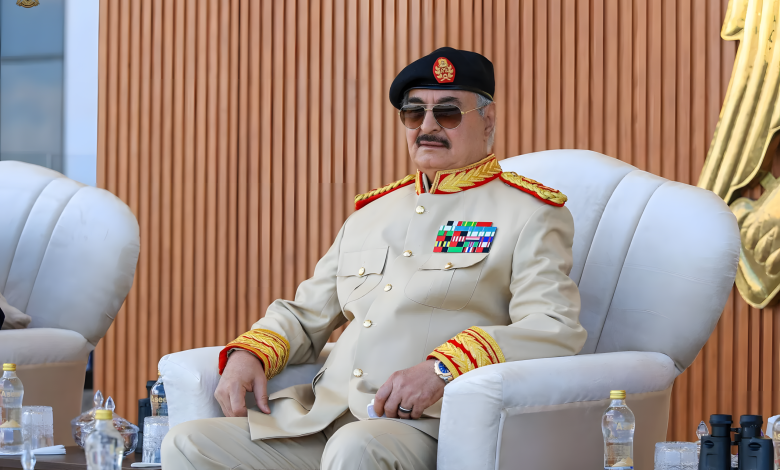
Sudanese citizens have expressed strong support for the establishment of a new civilian government, one that addresses their needs and provides essential services denied by military rule.
The public hopes the new administration will offer protection from ongoing SAF airstrikes, which have devastated markets, service institutions, and water sources in Sudan’s Kordofan and Darfur regions.
Residents of Darfur are preparing to take to the streets in large-scale rallies this Saturday to demonstrate their support for the anticipated government.
The foundational charter for the new Sudanese government is expected to be signed tomorrow, Saturday, in Nairobi, Kenya. The agreement will be signed by a coalition that includes political parties, armed movements, civil, grassroots, and union groups, alongside the Rapid Support Forces (RSF) and the Sudan People’s Liberation Movement (SPLM) led by Abdel Aziz al-Hilu, which controls large territories in Kordofan and Blue Nile.
Collapse of Services
Mohammed Salem, a resident of the Abu Zabad area in western Kordofan, voiced his support for the formation of the new government, emphasizing that it will help his region access food, medicine, and education, services that have been disrupted by the ongoing conflict.
Speaking to Erm News, Salem pointed to General al-Burhan’s SAF’s refusal to negotiate a ceasefire as a key reason for the protracted conflict. “We are exhausted, and the situation is dire. We can’t eat or receive treatment after services collapsed,” he said.
Despite these hardships, Salem expressed hope that the formation of the new government might pressure Sudanese junta leader General Abdel Fattah al-Burhan to negotiate peace and end the war. He stressed the desire for a united Sudan, rejecting any separatist moves, and expressed optimism that this new government could pave the way for a lasting resolution to Sudan’s historical crisis.
Salem also supported the talks in Nairobi, calling for serious commitment to the negotiations, particularly with the RSF, to bring an end to the conflict.
Rallies of Support
Mohammed Saleh al-Bashir, a journalist from the town of El-Obeid in eastern Darfur, confirmed that the initiative in Nairobi has received overwhelming support in Darfur, where over 90% of the population is backing the formation of the new government.
He told Erm News that the RSF-controlled areas have rallied behind the new government because its agenda addresses key concerns, especially the frequent airstrikes by the SAF.
Al-Bashir noted that air raids continue to target civilians, with several regions in Darfur struck by warplanes just this past Thursday. He emphasized that the new government’s priority is to protect civilians from these aerial attacks and provide vital identification documents, a critical issue in Darfur where many residents struggle to obtain passports and national IDs. These bureaucratic challenges exacerbate the plight of those wanting to leave Sudan for medical care, as they are often detained by the SAF under suspicion of supporting the RSF.
“These are the issues that plague the people of western Sudan, and they strongly support the new government as a solution to these challenges,” al-Bashir added, mentioning plans for public marches in El-Obeid and other areas this Saturday in support of the new administration.
He also pointed out that even those with no direct connection to the RSF have found the new government’s proposals resonate with their concerns, thus gaining wide support.
Displacement and Refugee Crisis
Omar Hassan, a Sudanese refugee in another country, expressed his backing for the talks in Nairobi, noting that the ongoing conflict has left many Sudanese displaced or living as refugees. He criticized al-Burhan for his refusal to engage in peace talks, highlighting his previous statement that he would continue fighting for 100 years, which suggests a lack of concern for the suffering of the Sudanese people.
“Communities in our regions are suffering, exposed to the threat of annihilation by SAF aircraft, while our economy deteriorates,” Hassan said. “Should we wait 100 years for al-Burhan to win the war and address our suffering?”
The formation of the new Sudanese government has sparked a wide range of reactions, stoking fears among the ruling authorities in Port Sudan. In response, they quickly moved to amend the constitutional document to reinforce the SAF’s hold on power.




